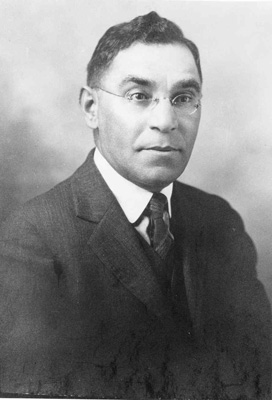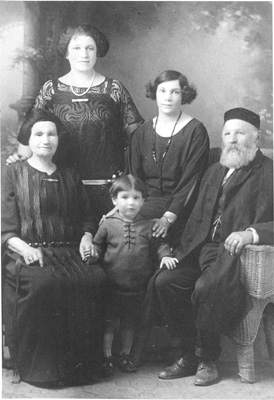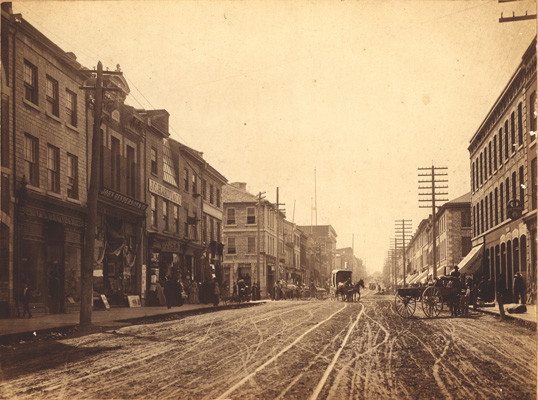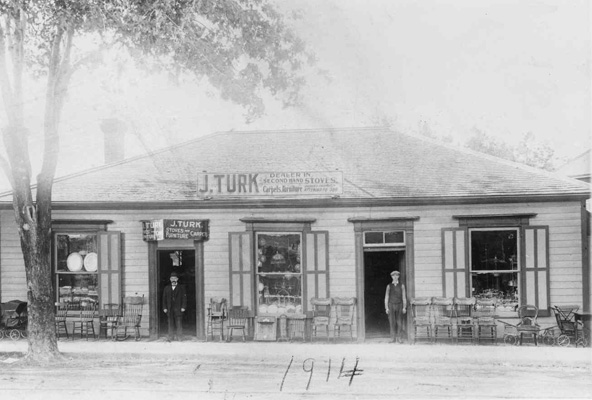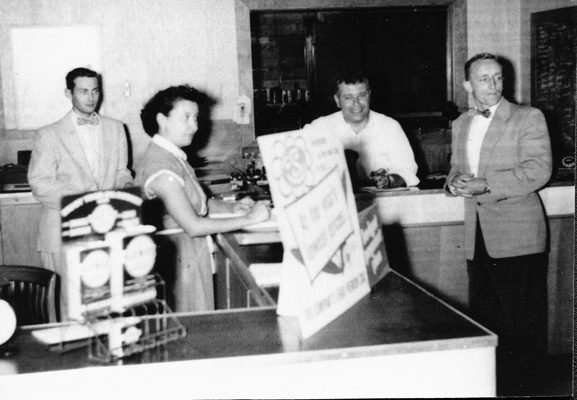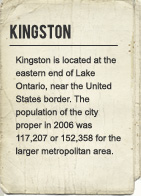Employment and Business
The Oberndorffer cigar factory, started in the late 19th century by Simon Oberndorffer, was an early important Jewish business in Kingston. By 1910 it employed as many as 48 workers, many of whom were new immigrants to the community. The factory closed in 1927, under the leadership of Simon's son Marcus. Hyman Rosen arrived in Kingston in 1911 at age 16 and worked at the Kingston Locomotive Co. and as a labourer doing road work. He eventually became the patriarch of one of the Kingston Jewish community's most prominent and accomplished families.
As in other small towns across Ontario, Kingston's downtown shopping area was marked by its Jewish businesses, many of which were located on Princess Street. As early as 1895, Louis Langbort set up a second-hand shop at 43 Princess Street. Other early Jewish businesses in the area included Abramsky’s, run by Joseph Abramsky, who started there in 1891; Isaac Zacks with his clothing store; and Jacob Turk, who went from being a general junk dealer to opening Turk's Used Furniture and Antiques at 281 Princess Street in 1902. They were joined in the downtown area by many other Jewish businesses, among them Louis Abramson, who had a men's wear store; L. Lesses, who sold furniture; Routbard's Second Hand Store; Hyman's Delicatessen; Tevan's Dry Goods; and the Princess Theatre, run by Robert Lipman. The 1930 directory indicates that five Jewish second-hand shops were located in this district, owned by Louis Zacharoff, Ben Palmer, Louis Sugel, Al Shpiegll and Harry Dubenofsky.
In addition, some Jewish immigrants found work in established non-Jewish enterprises like the Davis Tannery, founded in the mid-19th century by Andrew Davis. David Plaw came from a family that had been in the tanning trade for several generations in Eastern Europe. In 1936, David and his wife Eda arrived in Kingston from Paris, France, where they had been studying. Thanks to his background and experience, David was invited to assume the role of Director and Superintendent of the tannery. He was then able to employ others, including his nephew Robert Plaw.
